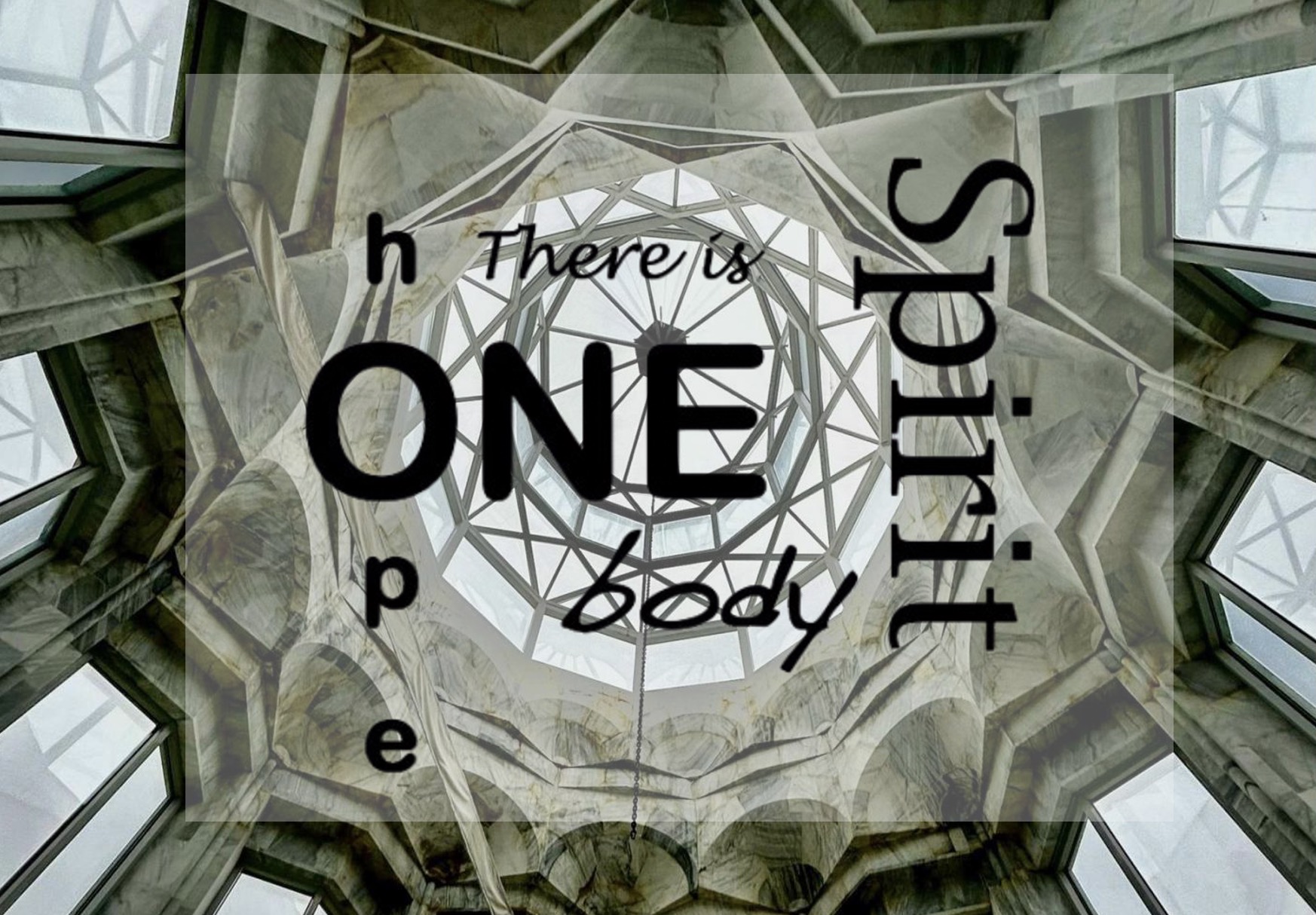In his classic book “Orthodoxy”, G.K. Chesterton draws up the delightful sketch of an English yachtsman who, after a miscalculation, makes landfall on the English coast, believing it to be some uncharted island in the Southern sea. Filled with all the enthusiasm of an age of exploration, he strives to examine the wild inhabitants and their barbaric architecture – only to discover that he has in fact arrived at home.
Ecumenical life certainly has elements of embarking on an adventure into uncharted territory. Some might say it is dangerous or even suggest that one might be lost. And yet experiences abound in which our life mirrors Chesterton’s explorer – of finding home in supposedly foreign waters.
For one, the confrontation with other viewpoints forces us to engage our own convictions at a level not otherwise required. As John Stuart Mill noted, “He who knows only his side of the case knows little of that.” I have often found our teaching institutes benefit from the precision with which Christian truths are stated because of the awareness of ecumenical differences, and this has helped me in my understanding of my own tradition.
But no doubt the primary way we find home away from home is when we “examine the inhabitants” of other traditions. My own experience of other Christians has been of men and women who “have seen the Lord”. And just as shared experience with our family members builds a common identity, so it does with members of other traditions, who we cannot but recognize as brothers and sisters. Despite the mystery of our differences, they are our true family and those with whom we will spend eternity.
Ecumenical life may be hard work at times, but it is also a foretaste of heaven – and you cannot get any closer to home than that.
Michi is a single man who is part of the Bread of Life community based around Munich, Germany.





